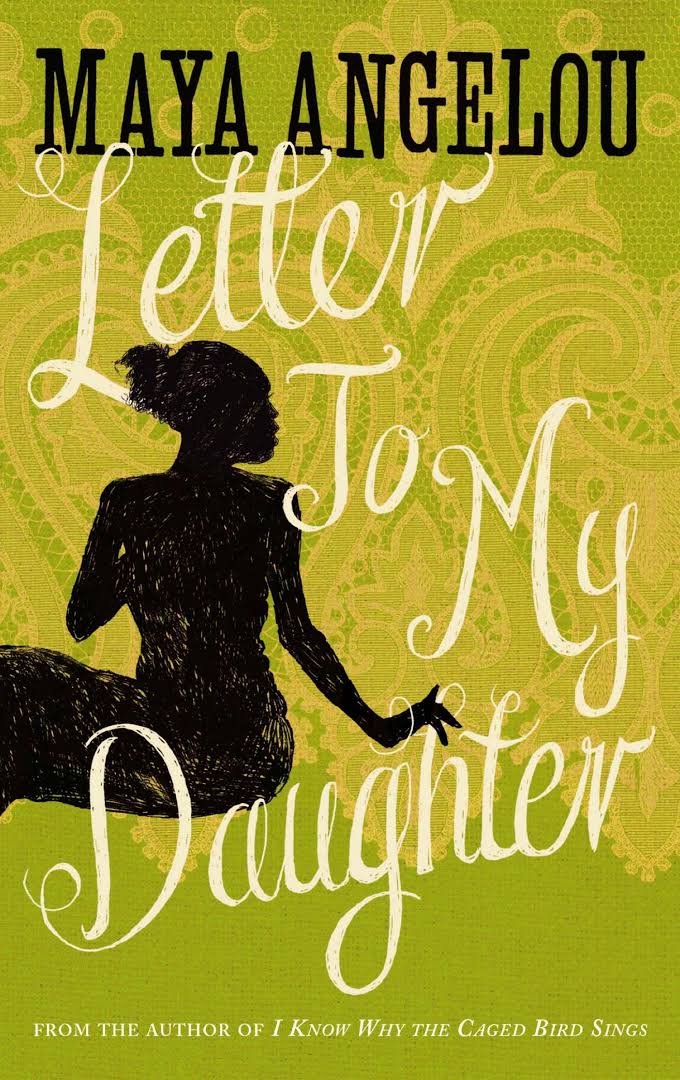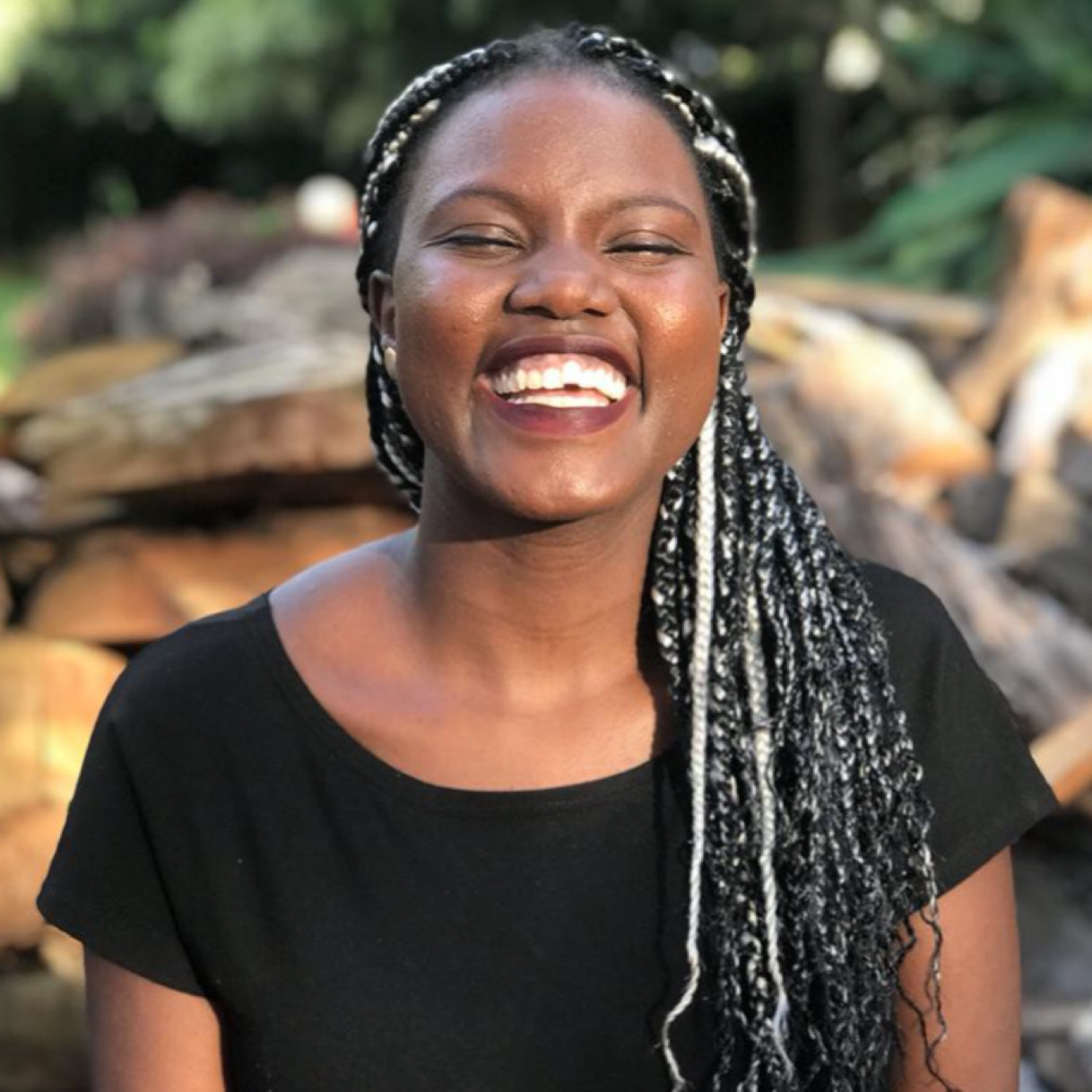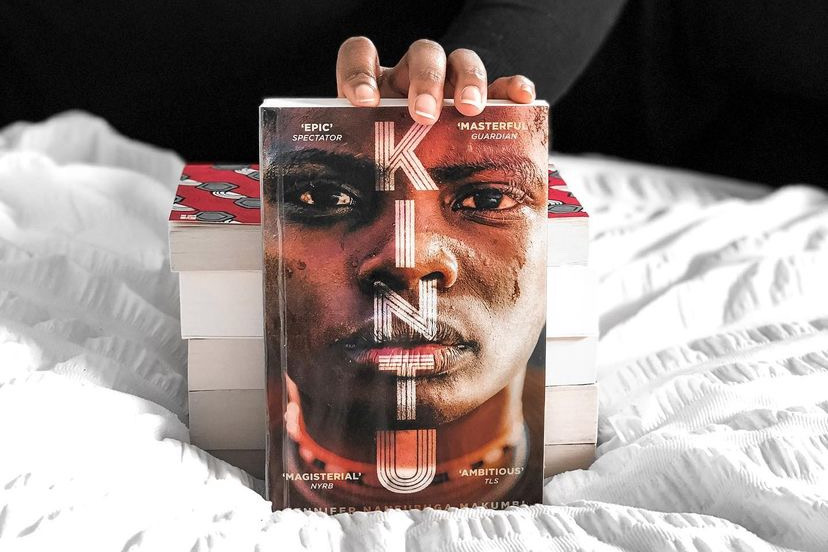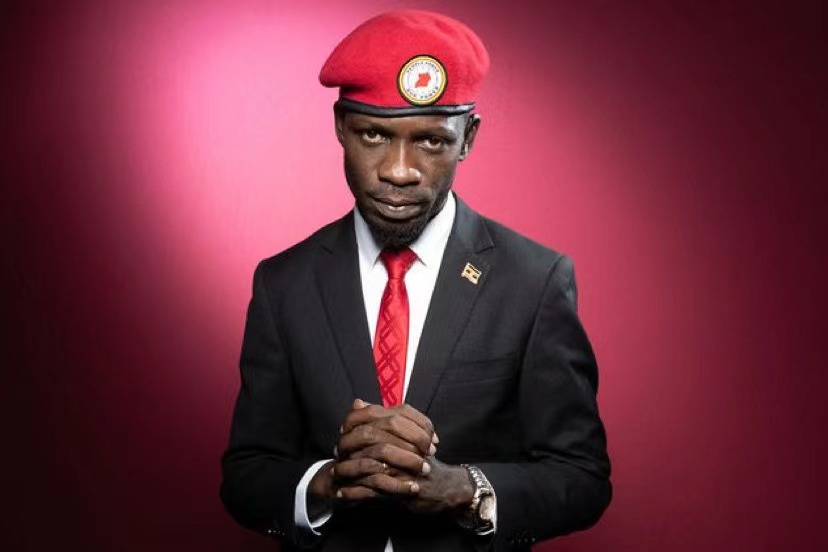Lawyer, Bibliophile, Book Reviewer.
“You may not control all the events that happen to you, but you can decide not to be reduced by them. Try to be a rainbow in someone’s cloud. Don’t complain. Make every effort to change things you don’t like. If you can’t make a change, change the way you have been thinking. Never whine. Whining lets a brute know that a victim is in the neighborhood.”
The book was first published in 2009 by Virago Press and is a letter from Maya Angelou to all the daughters she never had but longed to have. These daughters are us. Anyone who cares to read the book as she shares diverse lifetime lessons she has picked up from experience. It’s astounding to read this, years after she passed on, and still know that someone out there was enthusiastic to share their know-how and push to create a great breed of young women and men.
She died in 2016 sadly, but I know she left behind a legacy that will live for the next decades.
Maya starts the letter to her daughter by telling her that it took a while to get the guts to spill out everything she wrote down from the lessons she learned and the conditions in which she learned them. The book is themed into twenty-eight parts, and in each part, she talks about issues such as the need to be generous, desisting from vulgarity and violence, her journeys to Morocco and Senegal and cultural appropriation, the secret behind telling the truth, faith, humility and family.
With every single word she transcribes, and with every punctuation, Maya’s life gradually unfolds before us. The insecurities she struggled with being a young mother and writer in the field. The vulnerability she reveals in the book gave me goosebumps and made me teary as I read it. I now appreciate that you can’t relate with someone who you’ve not been predisposed with. The vulnerability creates a foundation on which most friendships are built, and it blossoms beautifully. At the end of the book, I wished Maya was still alive for us to have a cup of hot coffee under sundown and have a heart-to-heart about fighting my inner fears because now, I knew she had gone before me and faced the same trials.
“When I decide to write anything, I get caught up in my insecurity despite all the accolades. I think uh, uh, now they will know I am a charlatan that I really can’t write and write really well. I am almost undone, then I pull out a new yellow pad, and as I approach a clean page, I think about how blessed I am.”
The point in the letter in which Maya transcribes this, was when she thought she was the foulest mother for leaving her child to be raised by another, she felt deficient for staying in the attic of her mother’s little rental, and her career hadn’t yet thrived. At that point, she is reminded that she has to count her blessings every day to surpass the negativity that often clouded her vision.
I know many of us relate to this. Well, personally, I do. Every time I want to venture out to try something or even continue what I’ve been doing, which includes an audience, I often want to bail out and give up. Even with all the awards and certificates that fill my father’s study, I still get afraid. This is an aide-memoire to me and all of us that we shouldn’t let our fears haze the good that we have done. That fear should be the pendulum that catapults us to achieve our dreams and be better. Do better. Win.
“The ship of my life may or may not be sailing on calm and amiable seas. The challenging days of my existence may or may not be bright and promising. Stormy or sunny days, glorious or lonely nights, I maintain an attitude of gratitude. If I insist on being pessimistic, there is always tomorrow. Today I am blessed.”
We should all adopt this mantra to live to the fullest potential. We ought to be grateful.
The most emotive bit of this letter was when Maya recounts her encounter to fit in her skin by having a one night stand that not only left her feeling bad about it but also got her pregnant. She thought that the experience would boost her esteem to be more comfortable with her femininity and body. Feeling wanted was what she sought.
On the day of her graduation, she was eight months and three weeks pregnant, but she had never told her parents. She wrote a note to her father and left it on his pillow before she went to bed. She was afraid of being shouted at, disappointing her parents and bringing disgrace to the family.
What made me tear up was her father’s reaction.
“Baby, come down and have coffee with me, and by the way, I got your note.”
Her mother walked in shortly after and told her she was worth more to them than any eight-month pregnancy.
This made me tear up because if African parents were as supportive as this to their daughters who’ve made mistakes, and then we would have fewer cases of unsafe abortions. Most girls, just like Maya, are curious to explore their bodies and experience a kind of freedom they didn’t have while locked up in their parents’ homes because of the strictness. This usually leads to bad choices, drugs and unwanted pregnancies. It pushes them to clandestine abortions because of the fear of stigmatization, being disowned by their parents or guardians and being harshly reprimanded.
What we should know is that parents have a duty to ensure the proper upbringing of their children and where this fails, especially with regard to unwanted pregnancies; they should not go to the extreme of disowning but rather, be present and help their children raise an innocent child that was caught up in the bad choices of their children.
“The human heart is so delicate and sensitive that it always needs some tangible encouragement to prevent it from faltering in its labor. The human heart is so robust, so tough, that once encouraged, it beats its rhythm with a loud unswerving insistency.”
There are so many lessons to pick out from this book, and I’d highly endorse that each person reads it. Lessons about life and how to swiftly go through it in faith, to be a greater person. Always let your soul look back and wonder at the mountains you climbed and the rivers you forged, the challenges that still wait down the road and be strengthened by that challenge. Before Maya put down her pen, she reminds us that:
“If I knew that God loved me, then I would do wonderful things, I could try great things, learn anything and achieve anything. For what could stand against me if one person with God constitutes the majority?”
This is a must-read! It applies to everyone. Even if the title directs it to the daughter she never had, she speaks to all audiences: sex and race.












{{username}}{{commentConvertedTime}}
{{commentText}}